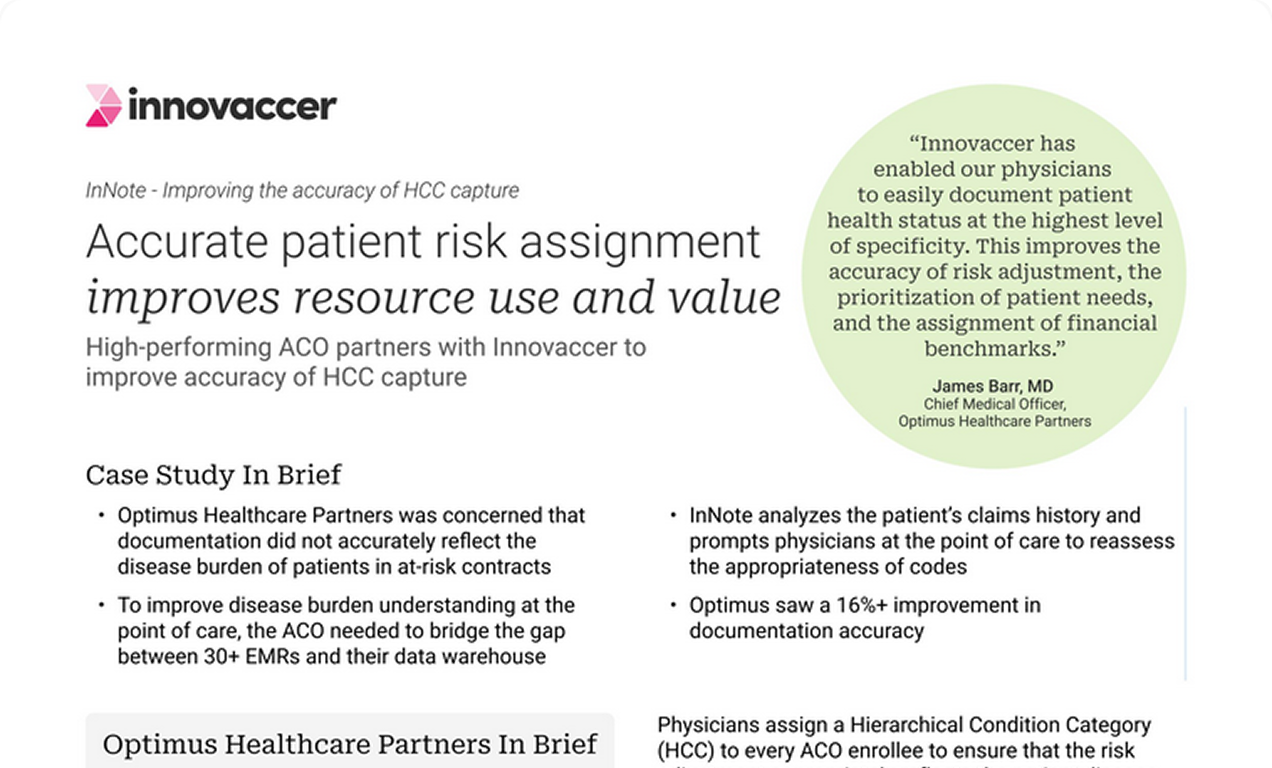5 Workflows Every Specialty Call Center Can Automate in 30 Days


Call centers for healthcare are drowning in complexity. From handling referrals between various systems, balancing provider schedules, and answering the same questions hundreds of times a day, specialty practices are seeing their cost of operations skyrocket while patient satisfaction takes a dive.
Top specialty practices are finding purpose-designed AI automation to provide instant relief from these issues with measurable gains in 30 days and without upsetting existing operations.
5 Call Center Workflows That Pay for Themselves in 30 Days
Current AI platforms, such as Comet Health are demonstrating that specialty clinics can automate their most manual processes within 30 days. It's not a question of replacing human touch; it's a matter of leveraging the maximum impact of your staff by doing routine tasks through smart automation so that personnel can concentrate on complex cases that really require their skill.
Let's discuss five workflows successfully automatable by specialty call centers with instant ROI and enhancing patient and staff experience.
1, End-to-End Referral Management
Referral management is still one of healthcare's most fragmented workflows. Specialty practices lose millions of referrals as a result of missing information, delays in manual processing, and failure to follow up. Every lost referral is not only lost revenue, but also a patient who didn't receive the necessary specialty care.
What automation entails: Comet’s AI referral copilot digitalizes and handles referrals from any source, faxes, web portals, calls, pulling out key info, and triaging automatically by urgency. The system books appointments, fills in missing details, and has real-time visibility into referral status. No more running after paperwork or wondering why your referral conversion rates are falling.
Real-world impact: Automated referral management has reported accelerated patient access to care with more than 30% increased referral-to-appointment conversion rates. Each referral is monitored from intake through visit completion, offering unparalleled visibility into network performance.
2. Appointment Scheduling & Confirmation
All of that rescheduling and canceling and new booking means managing complicated calendars for providers, insurance requirements, and patient preferences. It means long hold times, dropped calls, and dissatisfied patients who’ll probably take their business elsewhere.
What does automation look like: AI agents can make the dubious lifecycle of scheduling a lot simpler by communicating with the patient through the entire process - when they book, confirm, reminders, etc. Patients can book, reschedule, or cancel their appointments at any time through voice, chat, or SMS, in multiple languages. The AI agent intelligently checks for provider availability, verifies insurance eligibility, and sends confirmation information, including all details for the appointment that is synced directly with your EHR.
Real-world results: Some orthopedic clinics using Comet Health's scheduling agents have achieved upwards of 70% automation of regular scheduling calls, on top of increased appointment conversion rates of over 30%. The AI agent does not simply book appointments - it manages provider utilization by smartly filling cancellations and reducing no-shows with targeted reminder campaigns.
3. FAQ Resolution & Intelligent Call Routing
Specialty practices field thousands of repetitive questions weekly: "What insurance do you accept?" "Where do I park?" "Do I need to fast before my procedure?" Meanwhile, complex clinical questions get buried in hold queues behind these routine inquiries.
What automation looks like: AI-powered support agents instantly resolve common questions while intelligently routing complex cases to the right specialist. The system maintains a dynamic knowledge base that learns from every interaction, ensuring patients get accurate, consistent information. When human expertise is needed, the AI ensures the call reaches the right department with full context already captured.
Real-world impact: Practices typically see 40% cost reduction per call as routine inquiries shift from live agents to AI automation. More importantly, complex cases reach specialists faster, improving clinical outcomes and patient satisfaction scores.
4. Specialty-Specific Triage Workflows
Different specialties have very different triage processes. A practice that provides eye care and is triaging emergency symptoms is not likely to operate the same as a dermatology office that is triaging cosmetic consults. Generic call center solutions, with their efforts at universal, wholesale solutions, fail to meet responsibility in a personalized manner, creating clunkiness and perhaps even dangers.
What automation looks like: AI agents trained on specialty-specific templates perform the first triage by understanding urgency and manage the best care pathway for the patient. The AI will be able to highlight red-flag symptoms that need to be addressed soon, while making sure to appropriately divert non-critical cases. Clinical decision trees offer direction that is integrated into the AI model training process itself, assuring that information is consistent and updated according to medical guidelines.
Real-life impact: Practices are seeing increases in safety and patient satisfaction with automatically identifying and prioritizing urgent cases. Staff can also breathe a little easier knowing that urgent or vital symptoms will not be ignored during busy times.
5. Intelligent Patient Stratification Across Enterprise Service Lines
Large health systems are in charge of many different service lines spread over several facilities. However, patient access is still the way call center agents go through provider directories in a complicated manner, and scheduling systems that are done manually. This fragmentation results in delayed care, the underuse of specialty services, and patients who are going from one department to another without getting the right service.
What automation looks like: AI-powered stratification evaluates the patient's clinical history, symptoms, and care needs against the health system's entire service line portfolio. For example, if a patient calls for chest pain, the system is smart enough to decide the acuity and thereby direct the patient to the emergency department for acute symptoms, cardiology for the diagnostic workup, or primary care for the risk assessment.
Real-world impact: Facilities that have installed enterprise-wide intelligent stratification across the health system report that specialist appointment wait times have been cut drastically, service line utilization rates have been improved, and coordination of care has become better. The organizations become the beneficiaries of downstream revenue from appropriately matched services and retained referrals when they are able to capture patients within the system instead of losing them to competitors due to access barriers.
Your Next 30 Days: Stop Planning, Start Automating
The difference between struggling with mundane processes and excelling with smart automation is only 30 days. As competitors grapple with disparate systems and exhausted employees, innovative practices already win more referrals, schedule more appointments, and provide world-class patient experiences.
The issue isn't whether to automate these processes- it's whether you'll be one of the pioneers who change their operation this month or still intend to do it 'someday'.
Ready to see what your specialty practice could achieve in the next 30 days? Fuel Access Center Performance with the Power of Comet!


.png)






.avif)









.svg)
.svg)

.svg)

